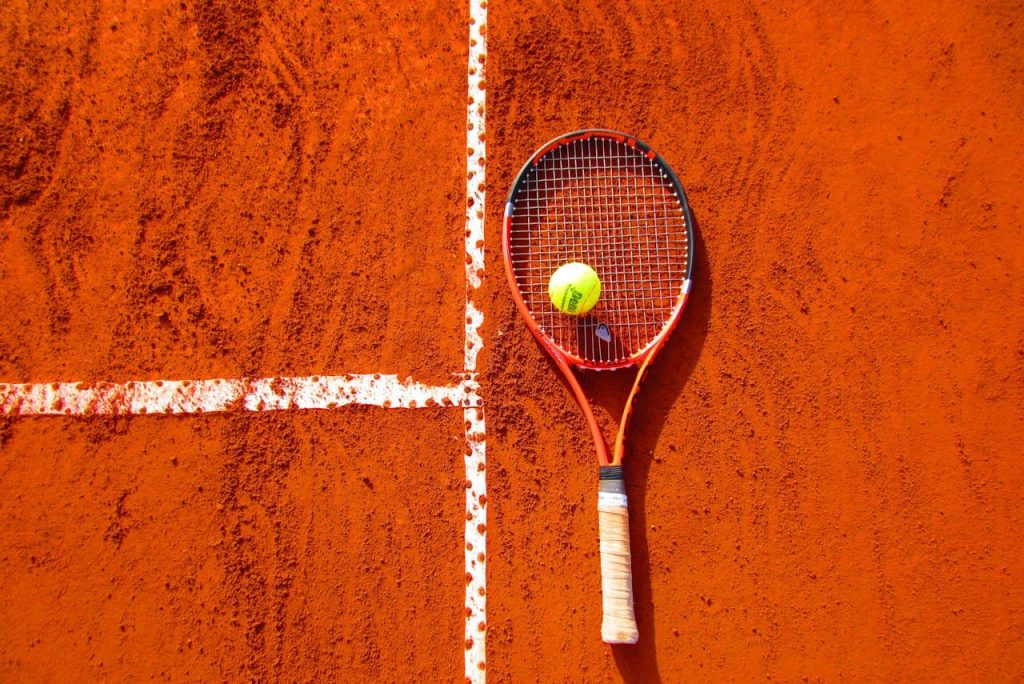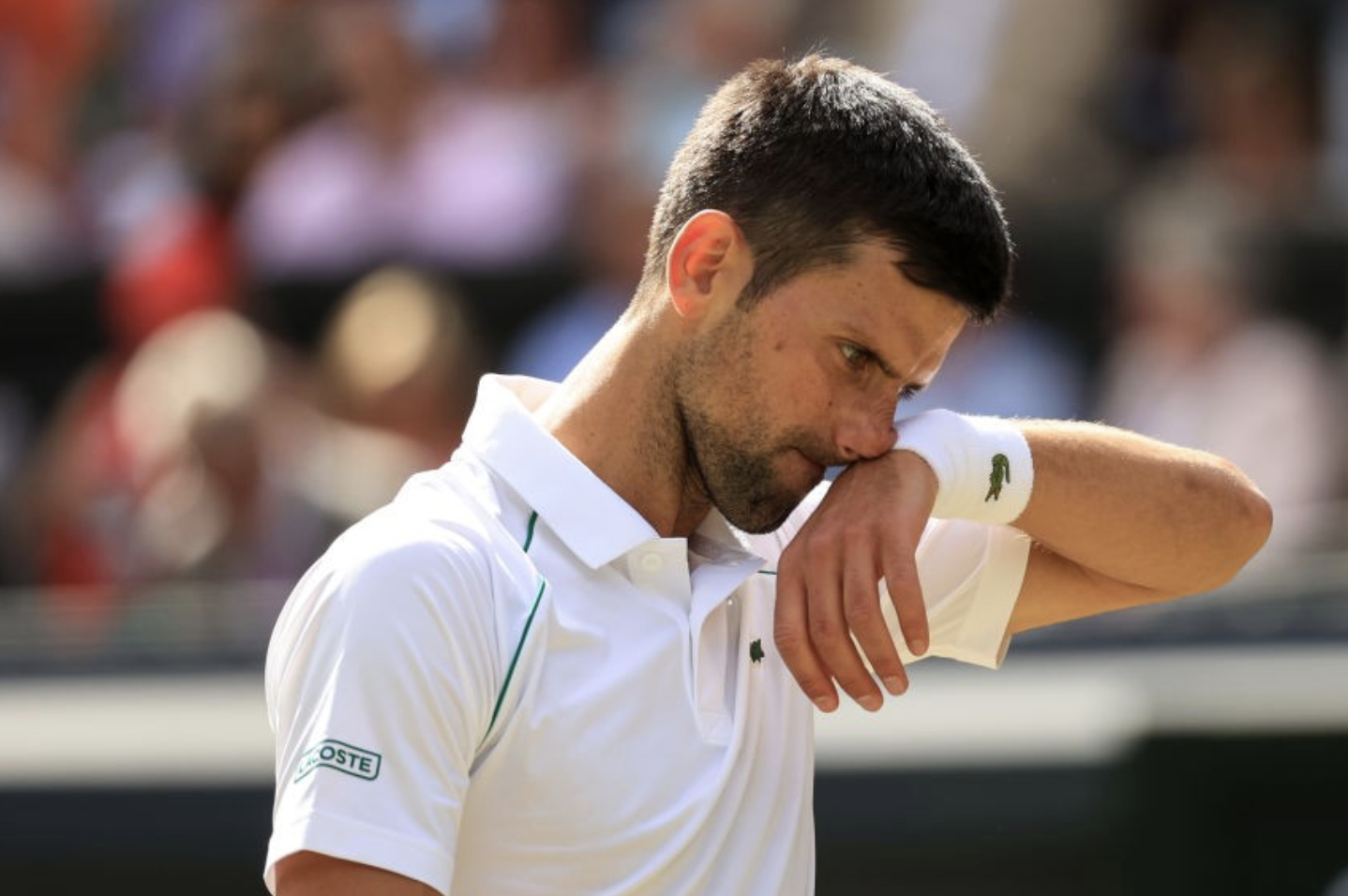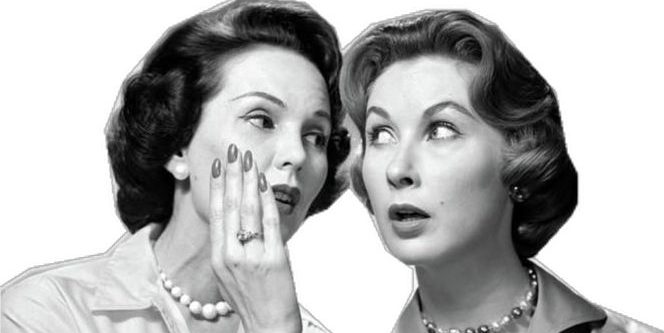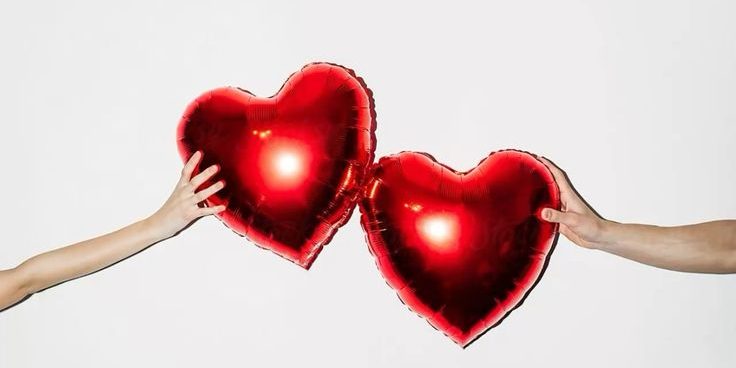As featured in PR Week.
At last weekend’s French Open, Novak Djokovic became the most decorated men’s player in Grand Slam history with his 23rd major title.
Novak Djokovic is a phenomenon. But with such success, why did his record-breaking win at Roland Garros not leave the sweet taste of Champagne in my mouth and those of sports fans across the world?
While his on-court accolades are undeniable, off-court he’s much harder to admire than his universally loved great rivals – Roger Federer and Rafael Nadal.
In recent years the Serb has made a habit of creating the wrong kind of headlines, which, in turn, has made him one of the most divisive figures in world sport.
From his deportation from Australia for his refusal to get a COVID-19 vaccination to recent politicised and provocative comments on Kosovo being “the heart of Serbia”, Djokovic has used his platform to pursue narratives not embraced by the mainstream without much care for the reputational damage and the legacy he will leave.
We live in a society obsessed by the L-word. Whether it’s Boris Johnson’s legacy in British politics (let’s not go there) or the legacy Pep Guardiola will leave in English football – history and the court of public opinion will not only judge the size of your trophy cabinet but the positive impact on the industry you leave behind.
The reason why – for many, including me – Djokovic will not be considered the GOAT of tennis boils down to poor brand management. Brand Novak is judged on the same metrics as any other brand.

Sport is fuelled by emotion, and he has failed to build a meaningful emotional connection with tennis fans. We live for drama and antics – just not the type where you get kicked out of the US Open for launching a tennis ball at the throat of a ball girl. Compare this to his contemporaries, Nadal and Federer, who are admired and respected and have built a connection not just through talent, but their sportsmanship, mutual respect and conduct.
Not only this, but Djokovic has isolated much of tennis through his values and beliefs. Brands are built on foundations of solid values, but when these values don’t align with those of our audience – and let’s face it, his aforementioned positions on vaccines and Kosovo don’t – then the reality check is you’re not going to showered with adoration by stadium crowds.
Throughout his career, he has failed to ace his PR efforts. His lasting image will more likely be associated with being deported from a Melbourne airport; compare this to sobbing tears of joy on Sue Barker at Wimbledon, à la Roger Federer.
Every sport needs a villain; it just so happens this particular one is the best to have played the game.
But when separating the great from the greatest, it’s more than just a numbers game. For me, the answer to the GOAT debate lies just beyond the silverware, to those who have been exemplary role models. Sorry, Novak, but that’s Federer or Nadal.





